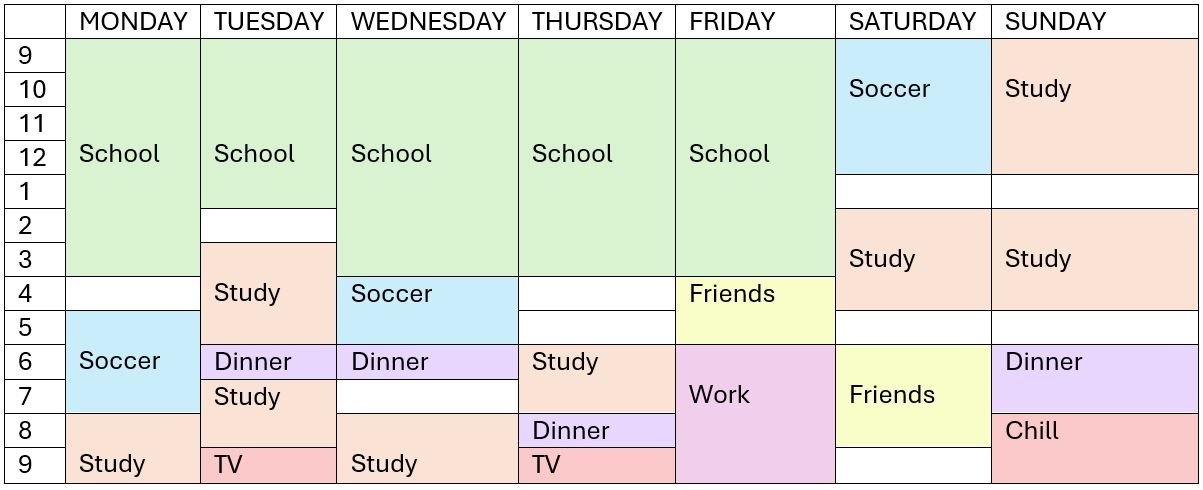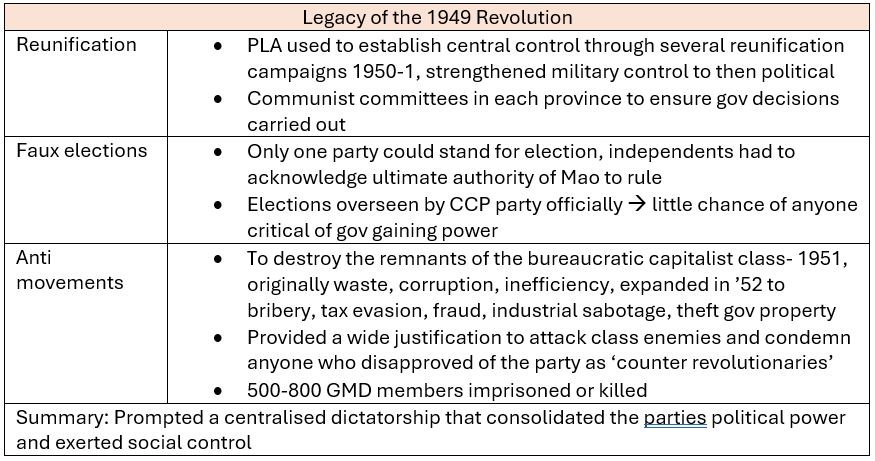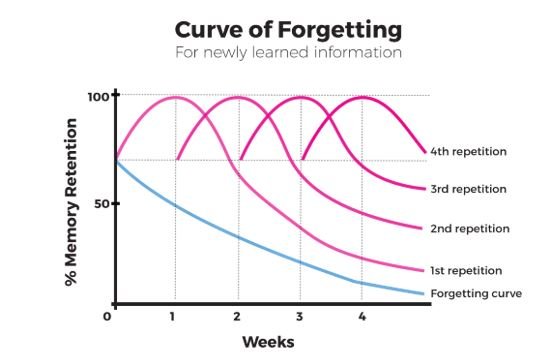How to Study During the High School Term
If you’re reading this, you’re probably a conscientious student (or parent) and want to ace your high school exams without pulling all-nighters or cramming the week before. Great news: you can! The secret is studying smart throughout the term. This guide is designed to help you develop effective study habits and strategies that will set you up for success—not just during exam week but throughout the entire term. Whether you're in Year 9 starting to find your feet or tackling the high-stakes environment of Year 12, these tips will show you how to stay organized, understand your syllabus, and study smarter, not harder
With a clear plan, good notes, and proven techniques like active recall, you'll build the confidence and skills needed to approach your exams with calm and clarity. Whether you're striving for top marks or just aiming to improve, this guide will help you make the most of your study time, avoid unnecessary stress, and achieve your academic goals. Let’s dive in!
Understanding the syllabus
Although in Years 9 and 10 you might not know what the syllabus is (or that it exists), in Years 11 and 12, it’s a crucial part of acing your exams. If your teacher hasn’t given it to you yet- all the syllabi are available on the NESA website ( available here).
· At the start of each term: Familiarize yourself with the syllabus.
· Identify the particular modules, topics or texts: Understand how the topics fit together. Knowing the “bigger picture” can help you connect the different concepts and retain information more effectively.
· Anticipate exam questions: Look at the types of questions associated with each syllabus dot point. Are they essay-based, multiple choice, or short answer? This will help you target your preparation.
For example, in the Crime unit of Year 12 Legal Studies, the first section is called ‘nature of crime.’ From the ‘learn to’ column, you can see that the type of questions asked for this section are lower value: ‘describe’ ‘define’ ‘examine.’ This means you’d only ever receive a multiple choice question and not an essay.
Your notes for this section should be brief, focusing on practice multiple-choice questions using past papers instead of researching LCMID (Legislation, Cases, Media, Instruments and Documents) for an essay.
2. Planning Your Time
Planning how and when you will study can help you balance school with your other commitments and avoid those last-minute crams.
· Set a study target: Aim for about 3-4 hours of study per day in Year 12 (or about 18-20 hours a week) with time off for work/sport/hanging out with friend. In lower years aim for about 1/2 hours- the most important thing in these years is to get into a consistent routing. This is for term time, you would need to study more in the lead up to exams
· Create a calendar: Map out your week, including school hours, extracurricular activities and work commitments. Highlight your available study times
· Establish a routine: Dedicate one hour each evening for homework and about two or three hours for exam prep or revision. Prioritize consistency over perfection.
3. Make Good Notes
Effective note-taking is a cornerstone of successful studying. Making strong, concise notes during the term gives you more time for practice questions by the time exams roll around.
· Use the Cornell System: Divide your page into three sections: a narrow left-hand column for trigger words, a wider right-hand section for detailed notes, and a bottom summary section. This structure helps you review and condense information efficiently.
· Handwrite notes in class: Research suggests handwriting notes can improve memory retention (and helps with spelling and handwriting). In class, don’t just copy from the board blindly—summarize key points, especially what the teacher emphasizes.
· Consolidate later: Type your handwritten notes at home to refine and organize them. This also serves as an additional review.
An example of notes for Modern History could be:
4. Reviewing your Knowledge
According to Ebbinghaus’ forgetting curve, without reinforcement, we forget up to 90% of the new information we learn. However, this is easily combatted by regular review and reinforcement
· Daily review: Try to spend 15-20 minutes each evening (on the bus, or before bed), reviewing the day’s content. These reviews don’t have to be long, or complicated, but help to keep the information active in your brain.
· Weekly review: Dedicate time at the end of the week to consolidate your all notes. Combine class notes with tutoring resources and textbooks to create a single, comprehensive set of “exam notes.” If you have time, do a couple of practice questions
5. Active Recall
If you’ve ever reread your notes a hundred times and felt like nothing stuck, you’re not alone. That’s because passive review (like highlighting or rereading) isn’t very effective. Enter active recall—the science-backed study technique that involves actively retrieving information from memory.
Why it works: Actively recalling information strengthens neural pathways, making it easier to remember later.
How to apply it
· Quiz yourself on key concepts: Cover the right side of your notes and recall them based on the trigger words in the left column (Cornell method).
· Summarize aloud: Try to explain a topic without notes, then check for gaps in your understanding.
· Use flashcards: Write questions on one side and answers on the other.
6. Plan Ahead for Exam Season
Preparation is key to staying calm and confident during exams. Start a month in advance. Even if you haven’t received your notification, check the handbook or ask your teacher for tentative dates.
Create a two-phase study plan:
· Week 1-2: Revisit and summarise material. Revisit and summarize material. Focus on understanding key concepts. If you’ve followed the previous steps, your “exam notes” should already be completed. Prioritize retrieval practice, focusing on weaker areas.
· Week 3-4: Practice, Practice, practice. Use practice questions and past papers to apply what you’ve learned. Try to time yourself to simulate exam conditions and test your time management skills.
Acing your exams comes down to consistency and smart strategies. By managing your time effectively, taking clear, concise notes, and using proven techniques like active recall, you can stay on top of your workload without feeling overwhelmed.
If you’re looking for personalized guidance or extra support to achieve your academic goals, we’re here for you! At Pinnacle Learners, we offer tutoring and mentoring for Years 7–12 in Legal Studies and English, with private lessons available at our Rozelle center or online via Skype. Our dedicated tutors have helped students across the Inner West—Balmain, Birchgrove, Rozelle, Leichhardt, and beyond—boost their results by 20% or more.
Book in a free 10 minute consultation call to find out how we can help you succeed in your High School studies.
You’ve got this!





